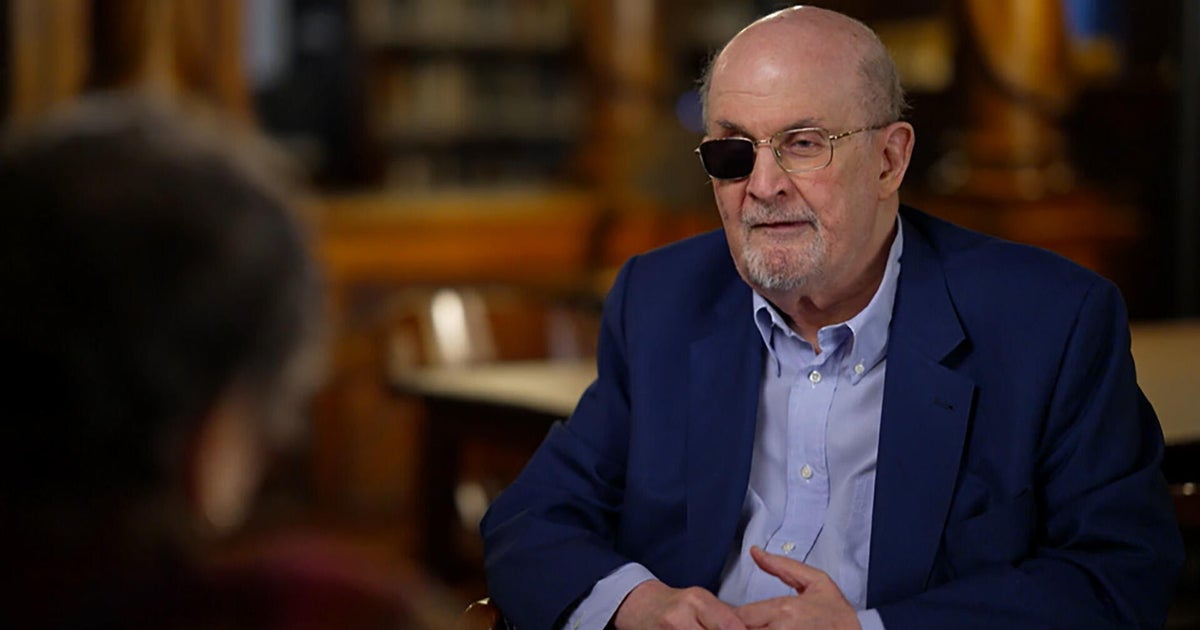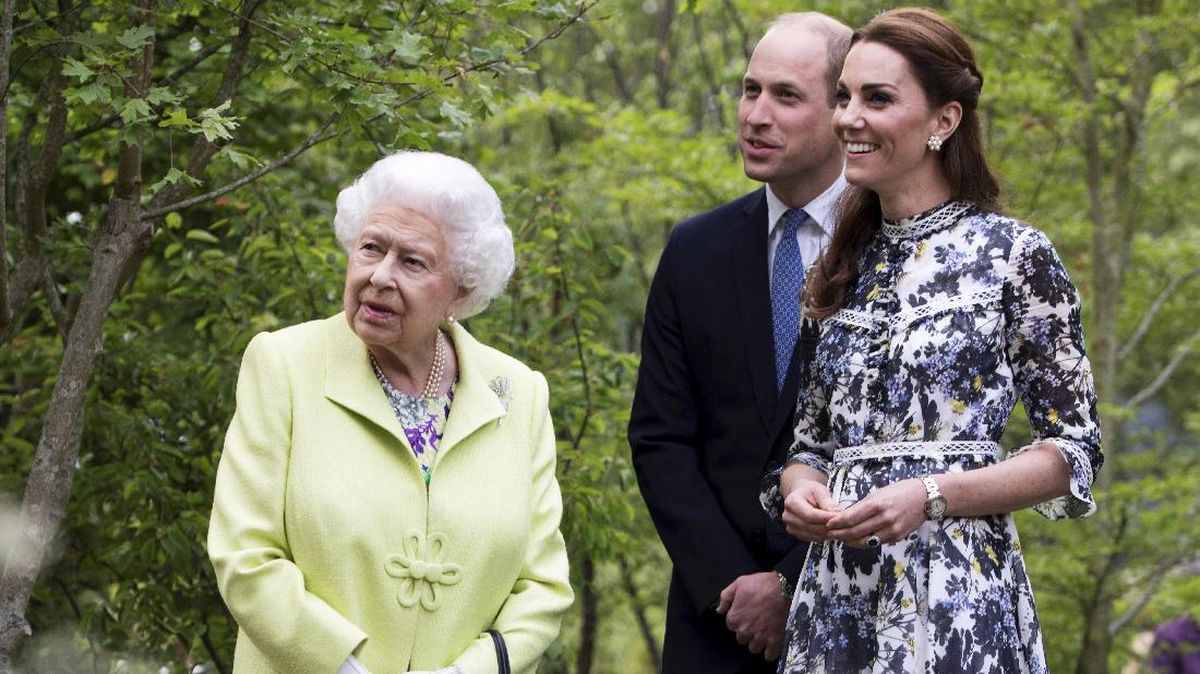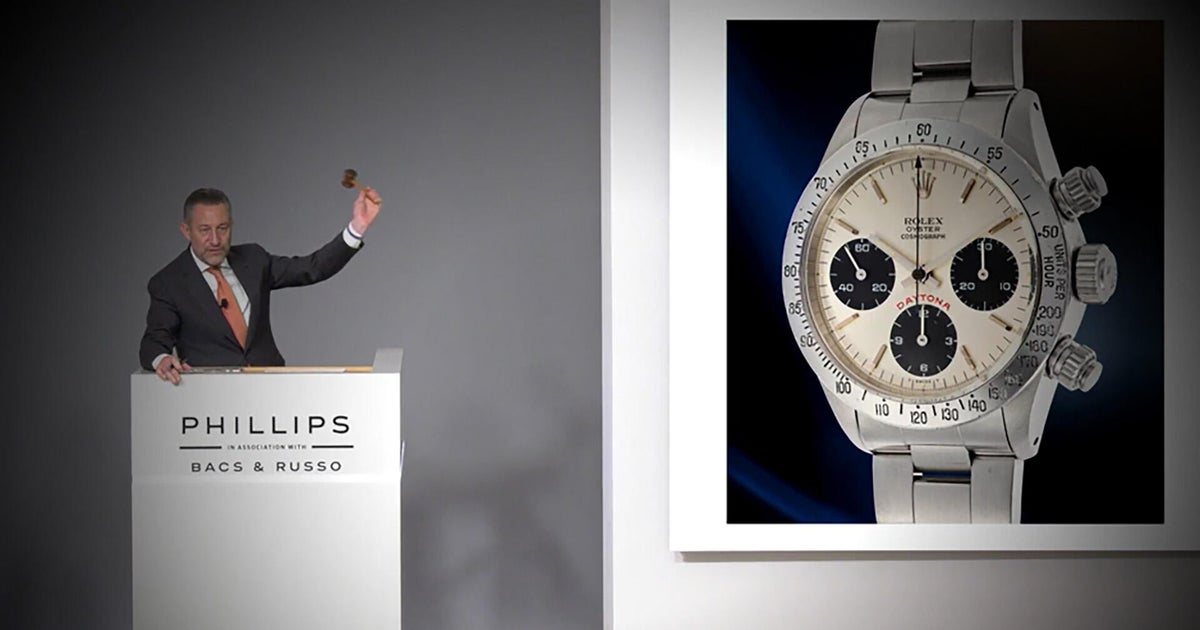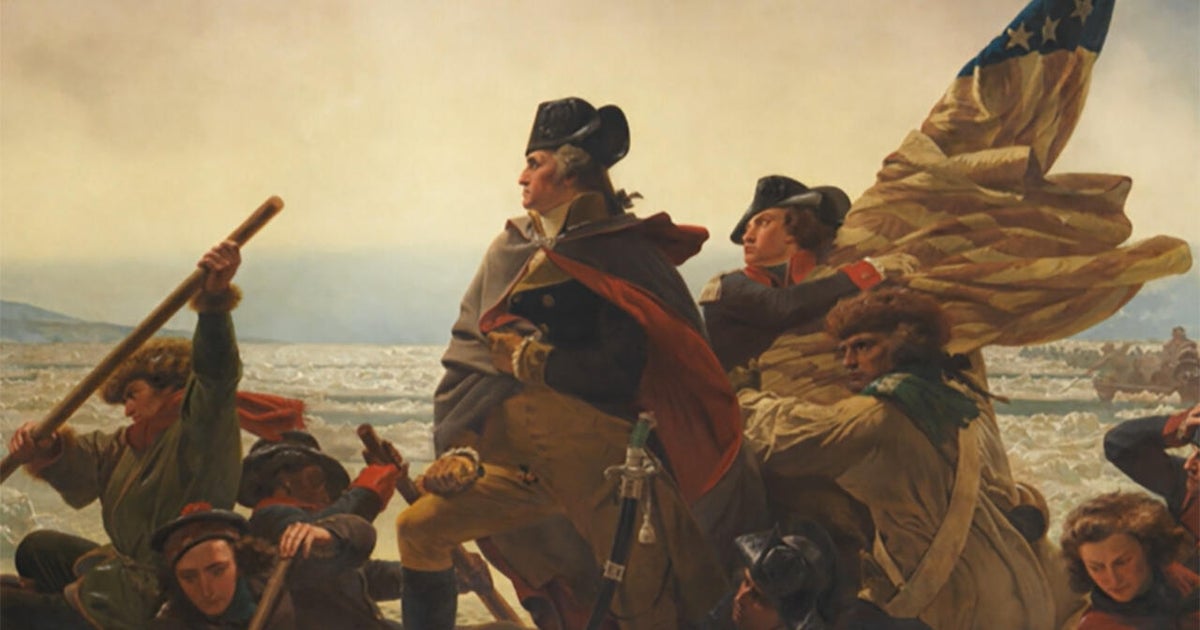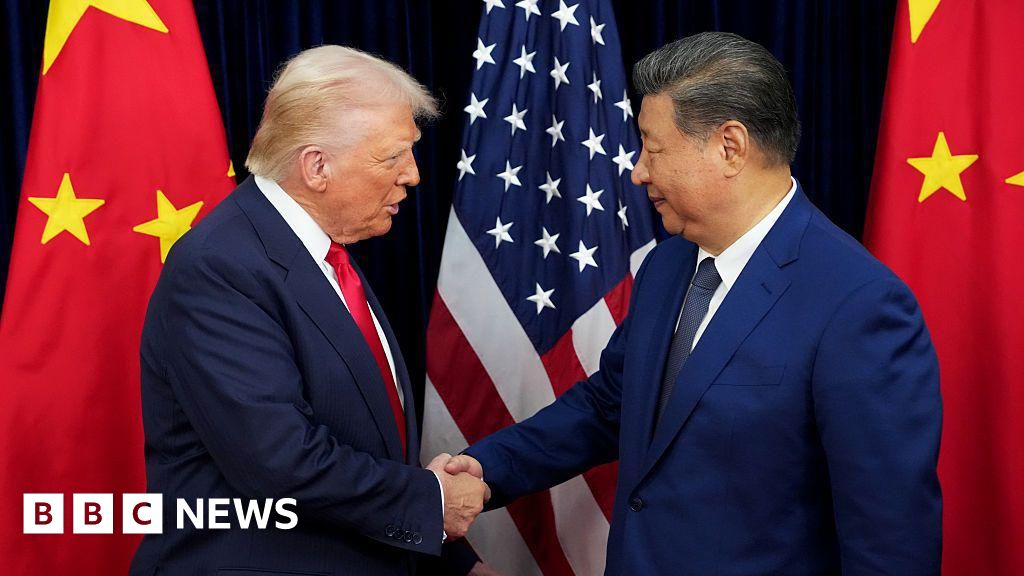Opinion
November 2, 2025 — 7.30pm
November 2, 2025 — 7.30pm
After my mom died, I went to the same movie every day for a week, a buddy comedy about two divorce mediators who sneak into weddings to seduce women. The Vince Vaughn-Owen Wilson bromance in Wedding Crashers was a hilarious, heartwarming distraction from my blues.
So I was happy, 20 years later, to see the real-life friends in Xfinity ads reprising their roles, bro-ing out on a sleepover where they watch sports and get ready for a Vaughn specialty: pancakes and guac.

Al Pacino and Robert De Niro in the new Moncler ad.Credit: Moncler
Then I noticed other bro commercials: seriously buff comic actors Kumail Nanjiani and Rob Mac aiming to make DirecTV hip, sparring in fur coats, tinted aviators and lots of bling as they watch sports.
Scrubs BFFs Zach Braff and Donald Faison are singing, dancing and hanging in the hood, sometimes with Jason Momoa and John Travolta, pushing T-Mobile.
Matthew McConaughey and Woody Harrelson, stars of the first season of True Detective, showcase the zany Texas chemistry from their real-life friendship in ads for Salesforce.
And the Big Kahuna: Al Pacino and Robert De Niro bring Godfather vibe to a campaign for Moncler focusing on their friendship, titled Warmer Together. It’s strictly business, but it’s also personal.
I was startled by all the cool male friendship ads, given the alarming stories about an epidemic of male loneliness and a diminution of friendship and romance in the lives of men, especially young men.
With their depictions of fun buddy bonding — harking back to a time before technology swallowed communication — Madison Avenue is modelling the sort of friendships that are waning in society.
I Zoomed with Platon, the British photographer who shot the black-and-white Moncler ad of the two Godfathers cuddling — and secretly tickling each other under their arms. Platon, who is known for his striking portraits of world leaders, also directed a short black-and-white video with Pacino and De Niro wearing the brand’s warm, puffy, pricey coats on a rooftop overlooking New York City and chatting about their warm feelings for each other. The soundtrack is a cover of Bill Withers’ Lean on Me. (The Italian octogenarians are still having babies, so they may need the paycheck.)
Friendship “is the greatest thing you can have”, says Pacino, who has been in four movies with De Niro and met him even before the Godfather saga. “And the understanding of life. There is just an innate trust.”
Noting that social media and politics now are built on anger, suspicion, division and tribalism, Platon said the ad is auguring a better future for carbon-based beings.
“I think as the novelty of AI wears off and it just becomes part of the way we live, the genuine human connection between people, men and women of all ages, is going to become the most valuable social currency,” he said. “Something that’s real, something that has soul, something that is tender, vulnerable, sincere. And sometimes complicated to deal with. The human condition is very, very complicated.”
It’s not the solipsistic world that many young men are creating for themselves with pliable, eager-to-please AI companions and fantasy love objects. A Harper’s piece by Daniel Kolitz describes a shocking new movement of interiority among pornography-obsessed Gen Zers called “gooning”: a life filled with marathon masturbation that goes on so long it becomes meditation, in search of the “goonstate”.
“It’s young men who are not making connections with friends, mentors or mates,” said Scott Galloway, the podcaster and New York University professor whose new book is Notes on Being a Man, a memoir/aspirational code for masculinity for young men.
Loading
“When a woman doesn’t have a romantic relationship, she pours that energy into her work and her friends,” he said. “When a man doesn’t have a romantic relationship, he pours that energy into porn and conspiracy theories. It’s the guy that comes off the tracks and goes down a rabbit hole,” sometimes, in extreme cases, leading to mental illness and violence.
“Men need relationships much more than women,” he said, adding that the growing number of men who can’t connect to other men or women was “a disaster”.
“It’s a combination of the loneliness, the lack of economic opportunity for men and being in these synthetic online relationships where they aren’t forced to take risks and develop real life skills around work, friendships, and romantic and sexual relationships. And then they have this godlike technology that creates lifelike relationships that are frictionless.
“Managing a romantic relationship is really hard, but victory in that gives you the skills to be successful in other parts of your life and ultimately create purpose and meaning in life.”
Alarmed by the cases of teens committing suicide when egged on by an online avatar, Galloway said he believes that synthetic relationships should be outlawed for anyone under the age of 18.
“Young men need male role models, they need friends, and ideally a romantic partner,” he said.
Could the ad duets of actors who are friends serve as a positive example?
Galloway wasn’t sure that young, financially struggling, lonely men would be inspired by the celebrity bromances.
“These guys are wealthy and outside of the house a lot and a little bit older, so they’re not addicted to their phones,” he said. “They haven’t been radicalised. They have women in their lives, which is a key component.”
This article originally appeared in The New York Times.
Most Viewed in Lifestyle
Loading

